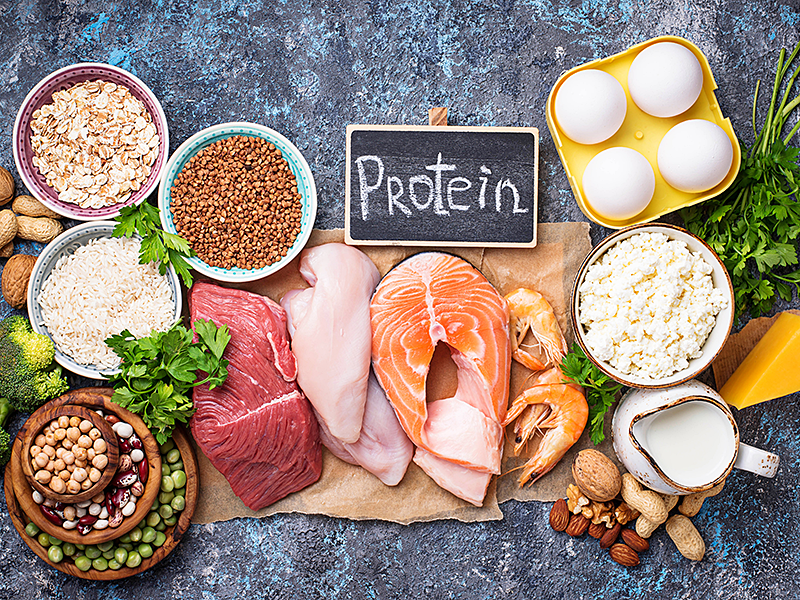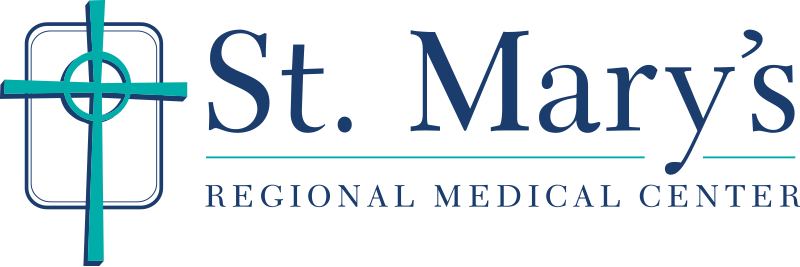The nutrient is essential to muscle-building, and much more
 Protein isn't just in meats and eggs — it's a major nutrient that helps us get the energy we need every day, along with fats and carbs. You can find it in lots of other foods, like dairy, beans, peas, lentils and seafood, too.
Protein isn't just in meats and eggs — it's a major nutrient that helps us get the energy we need every day, along with fats and carbs. You can find it in lots of other foods, like dairy, beans, peas, lentils and seafood, too.
Think of protein as the building blocks that help our cells grow and fix themselves. It's famous for helping muscles grow and stay strong, but it's also key for healthy bones and skin.
As we get older, our muscles and bones tend to get weaker, making it tougher for our bodies to heal from injuries. That's why eating the right stuff matters a lot.
So, how much protein do we actually need? It's different for everyone, based on things like age, gender and how active you are. Here's what the U.S. Department of Agriculture suggests:
Women: Try for about 5 to 6 ounces of protein each day.
Men: Go for about 6.5 to 7 ounces daily.
Protein-rich foods
You'll find protein in all kinds of eats, but some have more than others. Here are some good choices to up your protein intake, along with other good-for-you stuff:
- Meats like beef, pork, and lamb are rich in iron, zinc, and B vitamins.
- Poultry, like chicken and turkey, usually has less fat than red meat and you can cook it in lots of ways.
- Seafood, such as fish, shrimp and shellfish, are full of B vitamins, zinc and omega-3 fatty acids that are very important for your health.
- Plant-based proteins like lentils, beans and peas are great for fiber, B vitamins and iron.
- Nuts and seeds, including peanuts, almonds, and sunflower seeds, have a mix of nutrients and healthy fats.
- Soy products, like tofu and tempeh, are perfect for vegetarians, vegans or anyone who's not big on meat.
- Eggs are packed with lots of vitamins, minerals, and healthy fats.
Eating a balanced diet has tons of benefits, both now and later. Adding protein to your meals can help keep you full longer and give your body the nutrients it needs to stay active and keep your muscles, joints and bones in good shape as time goes by.
It’s always smart to speak to your doctor about your nutritional needs, especially as you age.
